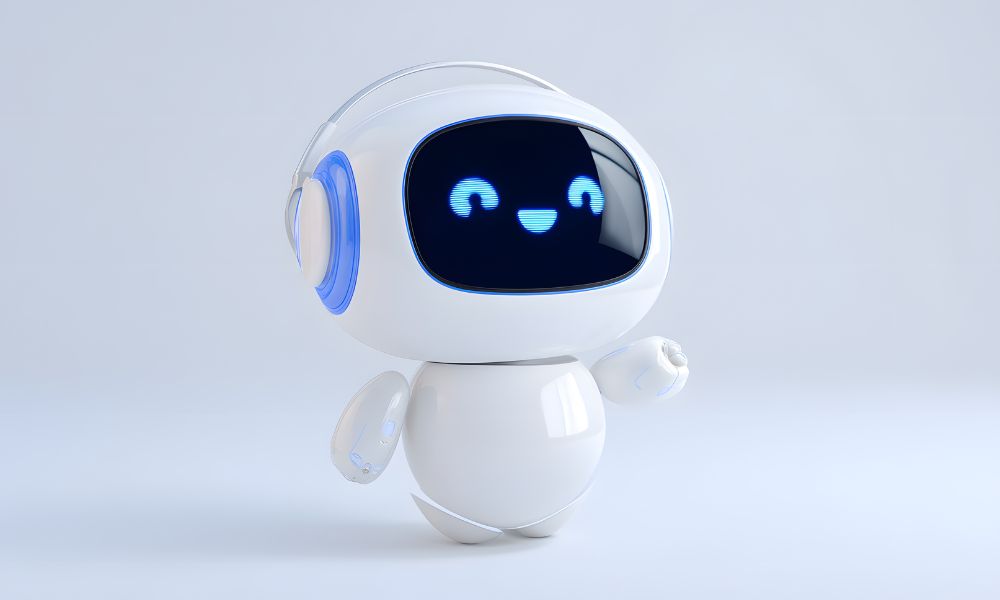AI chatbots are evolving rapidly in 2025, introducing new trends and innovations across industries. These systems use artificial intelligence, natural language processing, and machine learning to interact with users efficiently. They are transforming customer communication, service delivery, and operational workflows.
Current Capabilities of AI Chatbots
Modern ai chatbot can process both text and voice inputs. They understand user intent, context, and sentiment, allowing them to provide accurate and relevant responses. Machine learning enables chatbots to improve over time, learning from previous interactions. Advanced chatbots can also handle multi-turn conversations, complex queries, and personalized recommendations.
In customer service, AI chatbots manage inquiries, schedule appointments, and provide product guidance. Businesses like a Fort Worth, TX Laundromat can implement chatbots to answer operational questions, manage machine reservations, and provide real-time service updates. This improves efficiency and customer satisfaction while reducing workload for staff.
Emerging Trends in 2025
One significant trend is the integration of AI chatbots with predictive analytics. Chatbots can now anticipate user needs and suggest solutions proactively. In retail, they can recommend products based on browsing history. In service industries, they can forecast peak usage periods and optimize scheduling.
Voice-enabled chatbots are also becoming more prevalent. They allow hands-free interaction through smartphones, smart speakers, and other devices. This is particularly useful in healthcare, transportation, and retail, where users benefit from immediate, voice-activated support.
Multilingual support is expanding, allowing chatbots to serve global audiences. Companies can now deploy a single AI system capable of understanding and responding in multiple languages, improving accessibility and user engagement.
Another key trend is the rise of hybrid chatbots. These combine AI automation with human support. When a query exceeds the chatbot’s capabilities, it seamlessly transfers the conversation to a human agent. This ensures complex issues are resolved efficiently while routine tasks remain automated.
Advantages of AI Chatbots in 2025
AI chatbots provide measurable benefits for businesses. They enhance efficiency by handling multiple interactions simultaneously and operating 24/7. This reduces customer wait times and ensures consistent service.
Cost reduction is also significant. Organizations can save up to 30% on customer service expenses by deploying AI chatbots. They maintain accurate, standardized responses, reducing errors and improving brand reliability.
Customer experience is improved through personalized interactions, instant support, and seamless navigation across digital platforms. For example, a Fort Worth, TX Laundromat can use a chatbot to provide pricing details, operating hours, and membership options instantly, enhancing user convenience.
Challenges in Implementation
Despite their advantages, AI chatbots face challenges. Accuracy remains critical, especially in complex or ambiguous conversations. Misinterpretation of user queries can lead to incorrect responses.
Security and data privacy are essential considerations. Chatbots process personal and financial information, which must comply with regulations such as GDPR or CCPA. Proper encryption and monitoring are necessary to prevent breaches.
Integration with existing systems can be complex. Chatbots must connect with databases, CRM software, and communication platforms. Continuous monitoring, updates, and performance optimization are required to maintain efficiency and relevance.
Future Innovations
AI chatbots in 2025 are expected to become more human-like in conversation. Advances in natural language understanding allow deeper comprehension of context, tone, and user intent. Predictive analytics integrated with chatbots will enable proactive service delivery and personalized experiences.
AI models will become more energy-efficient and capable of operating on edge devices, reducing reliance on centralized servers. This will expand chatbot accessibility in remote or offline environments.
Integration with Internet of Things (IoT) devices is another innovation. Chatbots can now control smart appliances, provide status updates, and automate routine tasks. In service businesses like a Fort Worth, TX Laundromat, IoT-enabled chatbots can monitor machine usage, alert maintenance needs, and manage customer reservations automatically.
FAQs About AI Chatbots in 2025
What is an AI chatbot?
An AI chatbot is a software application that uses artificial intelligence to simulate conversation. It can process text or voice input and respond automatically.
How do AI chatbots improve efficiency?
Chatbots handle multiple queries simultaneously, operate 24/7, and provide instant responses, reducing wait times and freeing human agents for complex tasks.
Are AI chatbots secure?
Security depends on implementation. Proper encryption, data protection, and compliance with regulations like GDPR or CCPA are required to safeguard sensitive information.
Do AI chatbots replace human employees?
AI chatbots complement human staff by managing routine tasks. Complex or sensitive queries are handled by human agents.
Where can I see AI chatbots in use locally?
Businesses in Fort Worth, TX, including laundromats, retail stores, and service providers, use AI chatbots to streamline operations and improve customer interactions.
Conclusion
AI chatbots in 2025 are reshaping communication and service delivery across industries. They improve efficiency, reduce costs, and enhance user experience with 24/7 availability and accurate responses. Emerging trends such as predictive analytics, voice interaction, multilingual support, and IoT integration expand their capabilities. While challenges like accuracy, integration, and data privacy exist, technological innovations continue to enhance their performance. Local businesses such as a Fort Worth, TX Laundromat benefit from AI chatbots by improving operational efficiency, customer engagement, and service quality. AI chatbots are becoming essential tools in modern digital communication and business operations.


